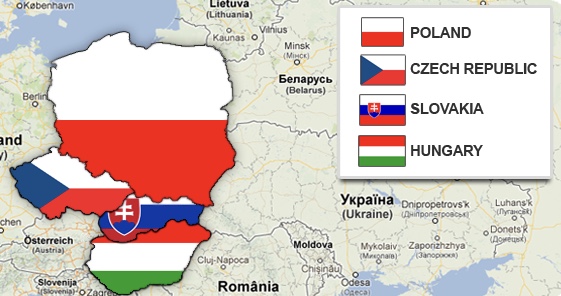Johannesburg: SiltaNews – News Desk
In the heart of Central Europe, where medieval towns meet modern skylines, the Visegrád countries – Poland, Hungary, Czech Republic, and Slovakia – carry stories not just in their architecture and language, but in their laws. Some of these rules, strange to the outsider, are woven from history, folklore, and a quiet insistence on cultural continuity.
In a Polish village, a man walks past a park with a bottle of beer in hand. He pauses, admiring the autumn leaves, unaware that this simple act, drinking in publi, is forbidden. A fine may follow. Yet just days earlier, he hosted a celebration not for his birthday, but for his Name Day. In Poland, calendars mark these days with reverence, and friends arrive with gifts and cake, honoring the name more than the age.
Across the border in Hungary, a couple sits in a pub. They raise glasses of wine and clink gently. But when the beer arrives, they refrain. The silence of the gesture is deliberate. In 1849, after Hungary’s failed revolution, Austrian generals clinked beer mugs in triumph. Hungarians vowed not to do the same for 150 years. Though the vow has technically expired, many still honor it. Meanwhile, a young couple preparing for their child consults a government-approved list of names. If their chosen name isn’t listed, they must apply for permission. The rule protects linguistic heritage and cultural identity.
In the Czech countryside, Easter Monday arrives with a peculiar tradition. Boys braid willow branches and visit homes, gently whipping girls on the legs. The act, rooted in pagan fertility rites, is said to bring health and beauty. Girls respond with painted eggs, ribbons, or shots of liquor. Though controversial, the custom persists in rural areas. Elsewhere, a pedestrian walks along a dark road outside the city. Czech law requires reflective gear in such settings. Without it, the walker risks a fine – not for speed, but for invisibility.
In Slovakia, Sunday morning hums with quiet. In certain towns, mowing the lawn or using loud tools is discouraged or even regulated. The silence is not just courtesy – it’s codified. Like Hungary, Slovakia also maintains a list of approved names. Parents seeking something unique must petition the state. The rule is not about control, but about preserving the rhythm and resonance of Slovak language.
These rules, strange on the surface, are not arbitrary. They are echoes of revolutions, rituals, and regional pride. In the Visegrád countries, law is often a vessel for memory. A beer glass held still, a willow branch braided with care, a name chosen with deliberation – each tells a story of a people who remember.

